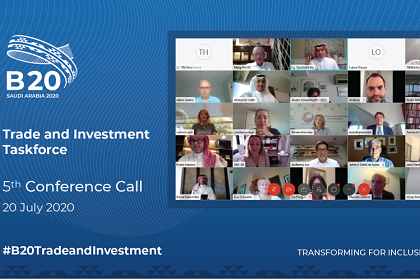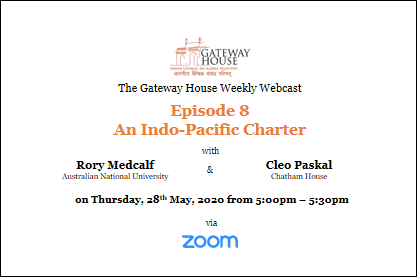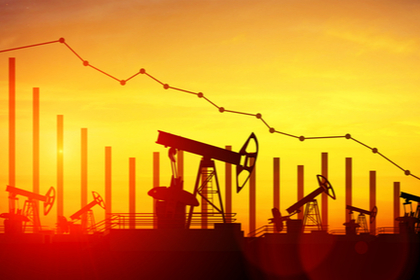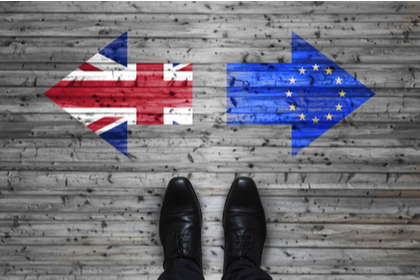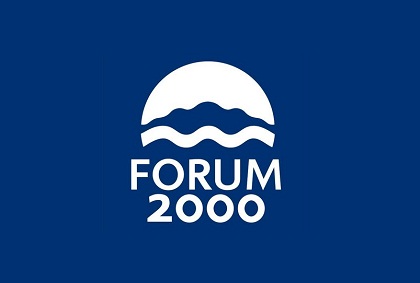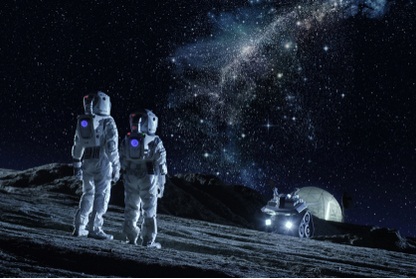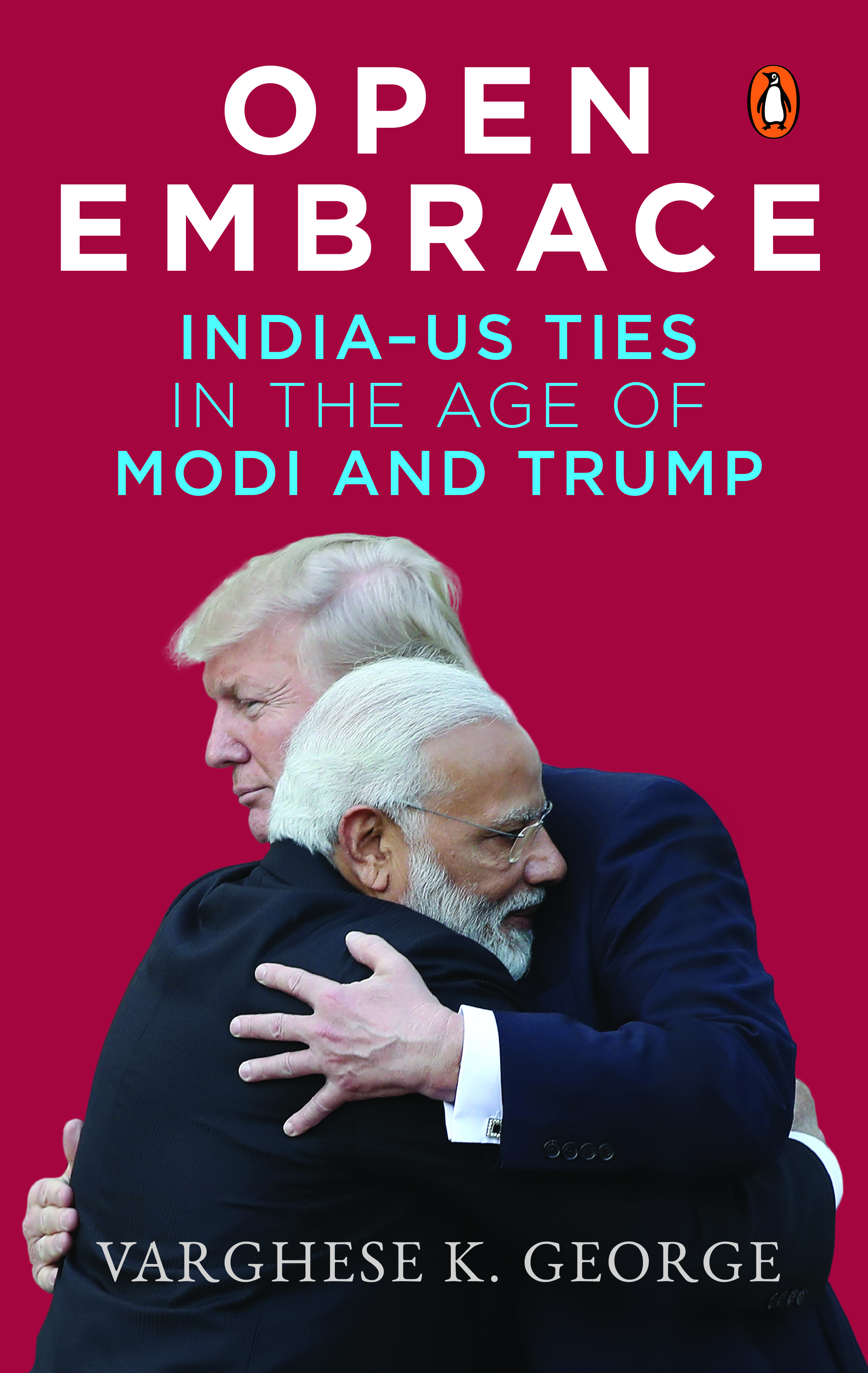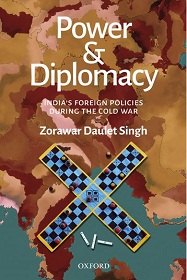The B20: Riyadh and beyond
The COVID crisis compelled a change in the Business20 (B20) focus areas to reviving health, health facilities and business activity in 2020. India must start work now to give the B20 even greater responsiveness and relevance as the prospective G20 chair in 2022.

